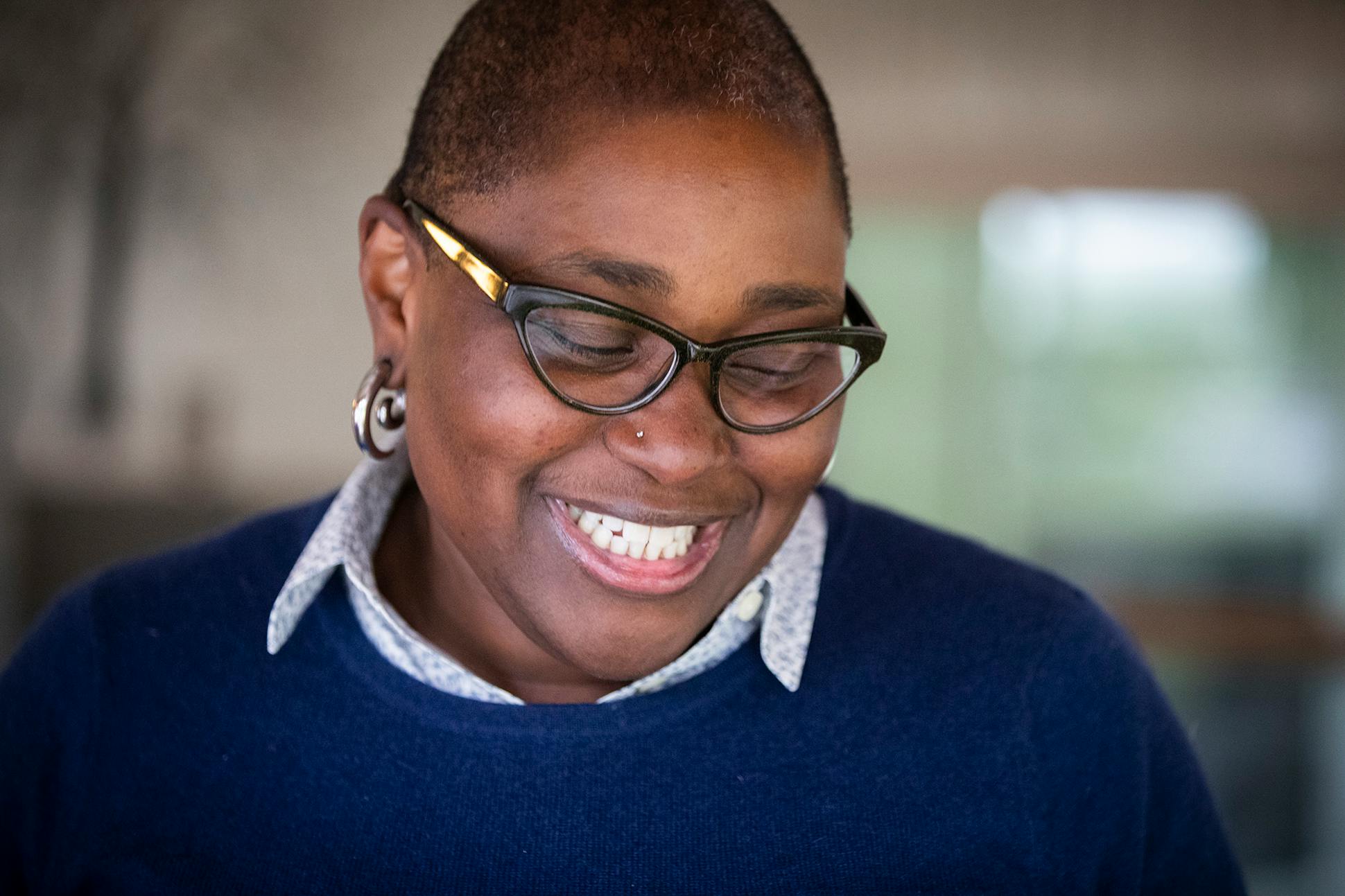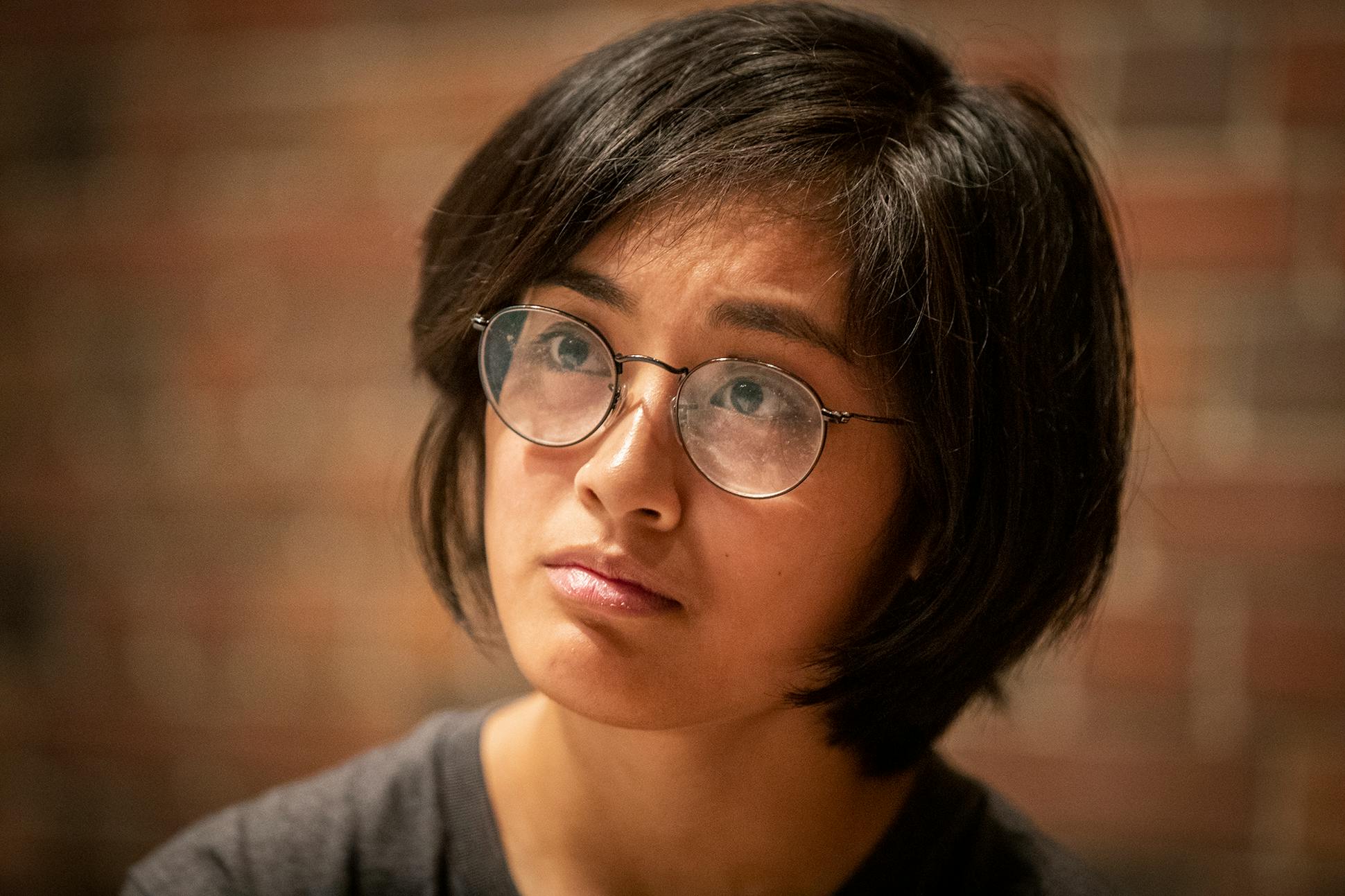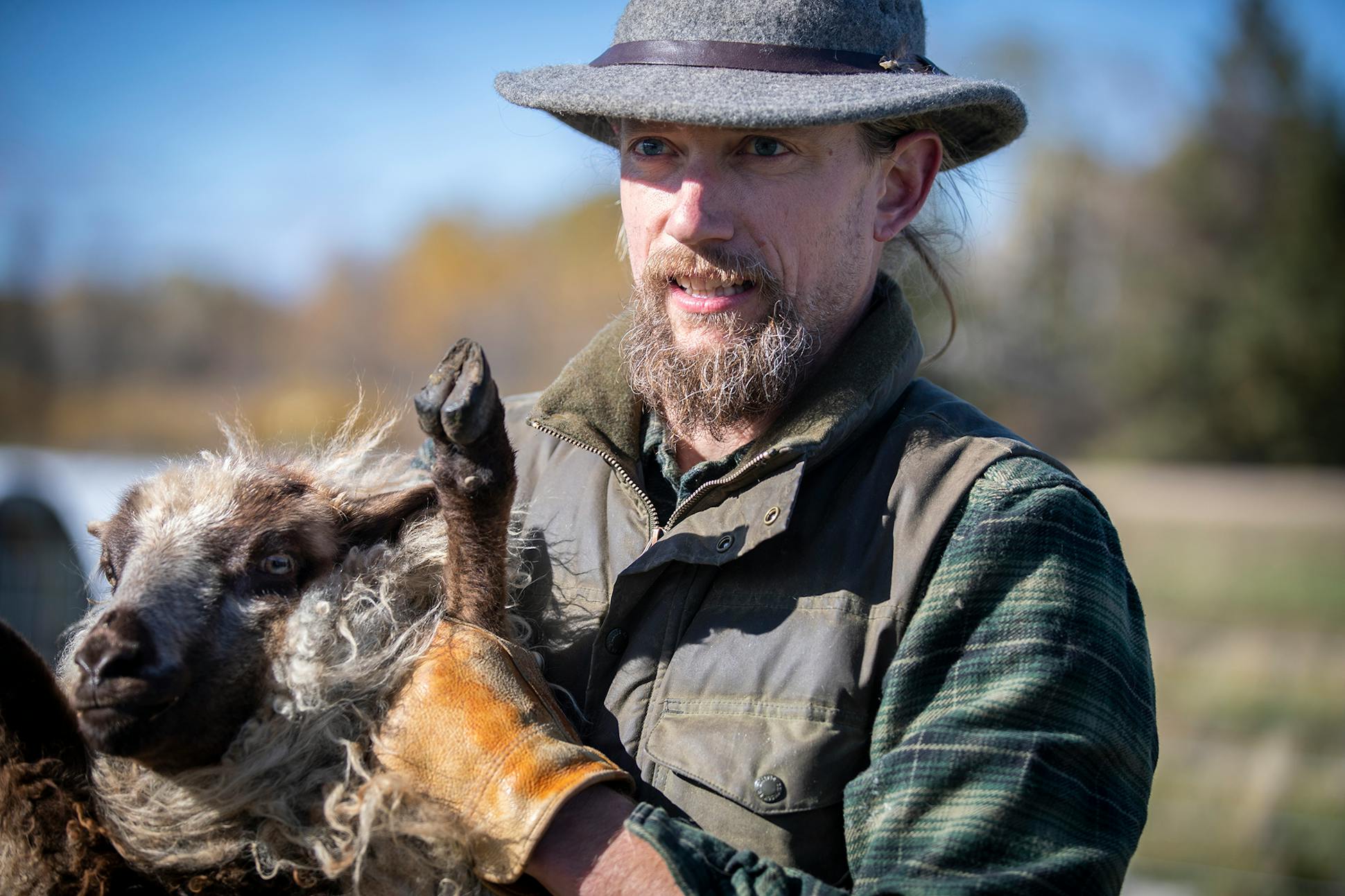'As a scientist, you look at things that are testable'
Greg Pratt, a veteran research scientist, holds as truth the things he can observe, can empirically prove. That put the Bible and most creeds recited during church services on shaky ground.
About the series This is the third in an occasional series about Christianity at a crossroads — a time of unprecedented decline in church membership and a changing future for the faith. Part 1: As Christian denominations decline and churches close, a way of life fades. Part 2: Fewer ministers and shrinking budgets mean heavier burdens. Part 3, main story: The fastest growing religion is "none".
Although he attended a Lutheran church growing up, sometimes he and his father — a university biologist — would take walks in the woods and explore plant life instead. It set the stage for a way of viewing the world that put faith to the test.
"As a scientist, you look at things that are testable," said Pratt, 66, of Minneapolis. "You look at things and want to explain them. When you read the Bible, you see that parts of it came from stories in other cultures. And it is full of contradictions."
"That's not to denigrate it," added Pratt. However, for him, it would not be the religious book guiding his life.
Pratt, an adjunct professor at the University of Minnesota School of Public Health, grew up attending a church in northeast Minneapolis. His grandparents were founding members. Two of his uncles were ministers. He attended a Christian high school with chapel every morning.
"When I was done, I had enough church for a lifetime," Pratt said.
Pratt said that not only were religious teachings not making sense to him, but he felt that some people in the pews had a "holier than thou" attitude. Worse yet, he found some to be racist and intolerant.
He drifted, but he was still interested in spiritual growth, and in his 30s and 40s studied with a Lakota spiritual teacher. Today he draws meaning from "my family, from trying to be a better person." He also feels a deep connection to nature.
Pratt hasn't participated in a worship service in decades. But he supports the Methodist Church behind his house in south Minneapolis. He keeps up the church grounds, and the church lets him plant a garden. And he appreciates the church's role in hosting events that build community. Said Pratt: "I'm glad to have them as neighbors."
'I saw the divisions that religion created'
Stacy McClendon was not like most of the kids in her neighborhood in the 1970s. Her parents, both raised Baptist, didn't go to church or send their children to church. That was fine with her.
"There was no Bible talk, no Jesus talk," said McClendon, a human services manager living in Minneapolis. "It wasn't that we weren't believers. It was just we were living our lives."
McClendon said she never really understood what was going on inside the buildings with the big crosses in her childhood home in Michigan. She'd see people get all dressed up on Sundays and go inside. But she never understood organized religion. And still doesn't quite get it.
"By the time I became more aware, I saw the divisions that religion created," said McClendon, 51. "I saw how in history, religion has been used to justify hatred and war."
And if the church was all about helping people be good, she said she couldn't understand why some churchgoers seemed to leave their morals and values when they walked out the doors.
While unattached to a faith, McClendon shares similar attitudes to many churchgoers. She laments that society is "too focused on what's-good-for-me, and not enough on community. " She said she strives to lead a life of "generosity, kindness and compassion." Her work involves supporting fragile families.
And she isn't ruling out the existence of a higher power.
"When I take time to marvel that all has come to be, I don't think humans can take credit for everything," she said.
"There might be a God out there," she added. "I can't say no. I can't say yes. I'm open to it."
McClendon offered an ironic endnote to her story. Her parents, whose lack of churchgoing shaped her life, "now have joined a church."
'Whole big world out there that had lots of mystery'
Maria Arriola grew up in a deeply religious Catholic immigrant family. She sang in the church choir, attended mass twice a week, prayed the rosary every Wednesday night with her family. Then she hit her teens.
"I learned that not everyone in the world was Catholic, that different people believed in God in different ways," said Arriola, now a 21-year-old University of Minnesota student. "It made me feel like there was this whole big world out there that had lots of mystery."
By the time she was 13, Arriola was scouting social media and the internet to expand her horizons. Sitting in her bedroom, Arriola began searching for words such as "meditation" on the social network Tumblr. She visited libraries, finding inspiration from books such as Eckhart Tolle's bestseller, "The Power of Now."
She recalled doing yardwork for her parents wearing earbuds tuned to a favorite podcast, watering plants while nurturing her own curiosity about how the world grew.
"I'd spend a half-hour to two hours listening to fundamentals of what Buddhism is about, mindfulness, western religion, commentary of Jesus," she said.
Arriola said that as she explored these new ideas, she better understood some inner tensions she felt with the church. For starters, she felt little inspiration going to church, noting "a minute would seem like an hour." She felt like gay people were unfairly put in a category outside of others. She didn't like the shame and guilt she felt was preached.
Through high school, Arriola joined her family at church on weekends and also quietly meditated in her room. By college, she stopped attending Sunday mass altogether. Now president of the U Mindfulness for Students club, her spiritual community meets Friday night in silence.
Arriola still appreciates aspects of belonging to a church, such as the music, the sense of community and "the devotion" — the quiet prayers. But now, she said, "I feel more true to myself."
'For me, it's about being committed to the earth'
Curt Weinrich spent a lot of time worrying about going to hell growing up. His conservative Lutheran preachers drilled home that it was a distinct possibility for those who strayed from God's teachings.
"It was all fear based — fear of not doing the right thing, fear of getting into trouble, fear of authority," said Weinrich. "I was thinking, 'I don't want to go to hell, so I will do this.' "
But faith was woven into his family's home life in a small town in Indiana, and Weinrich, 39, remained in the church through high school. He flirted with becoming a missionary, but acknowledged that it was "as much to travel as to be a missionary."
Unlike many of his peers, he didn't quickly break ties to organized religion when going off to college. He credits part of that to a local minister with less rigid views of faith, who liked to go hiking, who made worship services relevant. But Weinrich, well-versed in Biblical teachings, started doing independent reading as well.
He was particularly struck by Daniel Quinn's bestselling novel "Ishmael," a spiritual adventure story that had spawned a big following at college campuses across the country.
"It pointed to the creation story in the Bible, and that there were different ways to look at it," said Weinrich. "It showed me that that was just one way to interpret it."
Concepts he had learned in church, such as man as the ruler of all things on Earth, became the opposite of what he believed.
"For me, it's about being committed to the earth," said Weinrich, now an organic farmer in Stearns County. "It's a living, breathing spirituality that is incorporated into daily life."
Weinrich said he hasn't been to a church for at least five years, since visiting his family in his hometown of about 1,000 people. He said he still appreciates aspects of his religious upbringing. But he views the spiritual today as something far beyond a fixed set of creeds and rituals.
"Religion puts in mind that there's only one way to do things,'' said Weinrich. "But there isn't just one right way."

Baseball Metro Player of the Year packs up his five tools and leaves

Prep baseball 2024: 35 Minnesota stars who the recruiters covet
Police searching for St. Paul home intruder who raped, robbed woman

Friend heard money, relationship woes from man tied to Chanhassen killing who took his own life




